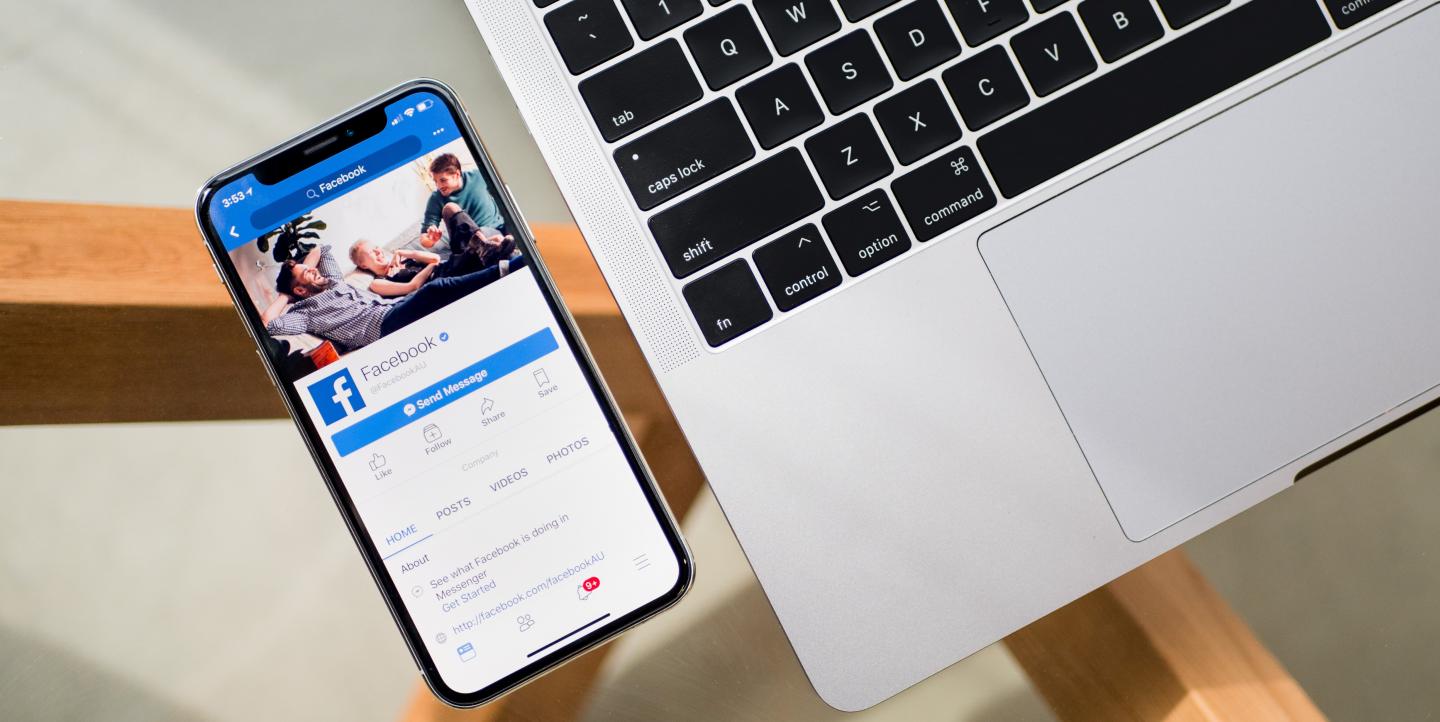From sourcing case studies and interacting with readers to live-tracking events and promoting recent work, the digital era has given journalists new tools and channels in which to work. However, as more and more activity happens online — spilling into social media — it becomes increasingly difficult to set boundaries between personal and the professional in public. It’s not only credibility and reputation at stake, but privacy and safety too.
Some journalists enjoy online comments and the ability to establish an intimate relation with readers, while others end up feeling overexposed and vulnerable.
Women are especially at risk of being shamed, intimidated, degraded, belittled or silenced, as a recent report from Amnesty International confirmed. A previous study from the International Women’s Media Foundation (IWMF) found that nearly one third of female journalists consider leaving the profession due to online attacks.
Still an effective online presence can help amplify stories, create connections and find work, especially for freelancers who can’t count on the backing of an established publication.
IJNet spoke to two journalists who are very active online — Anna Codrea-Rado and Dodai Stewart — about how they negotiate their personal boundaries. Codrea-Rado is a freelancer that focuses on tech and culture. She uses social media for professional purposes only – injecting her updates with a healthy dose of personality – and has launched a weekly newsletter about freelancing. Stewart is a metro editor at The New York Times and one of the founding editors of the women’s site Jezebel. She has amassed almost 40 thousand followers on Twitter, where she mixes personal and work-related content.
Be cautious
Everyone should be careful about what they share online. Even seemingly innocent personal information could be used for malicious purposes. “I’m not likely to post my location [at the time that I’m there],” Stewart says. “A lot of the time I will post it later because I know it’s easy to use it to track people down.”
Stewart received more harassment when she was writing exclusively about women at Jezebel, but she still acts with caution: “I’m just very quick to block and mute people, I have my settings on like I only see replies from [people I follow on Twitter]. That’s very helpful.”
Don’t forget journalism best practices
Since she writes a lot about digital culture and the future of work, Codrea-Rado finds social media to be an important tool for gathering stories and finding sources. “For a story I worked on recently, I made all the contact with my sources via Facebook and Twitter,” she says.
Just like there's a right way and wrong way to door-knock sources, the same rules apply when getting in touch with people online, she explains. Introduce yourself, your story and your angle the same way you would in any other context, as if you were meeting someone in person for the first time.
It’s not only about marketing
“I find Twitter to be really fun and I have a lot of followers, so it can be useful for me in a lot of different ways: I can do informal polling, or spread stories that I’m interested in or have worked on. It can be a good tool to amplify my work,” Stewart says. However, she doesn’t forget to have fun, with more laid-back updates: “Part of the trick is the diversity of what I’m posting, [I] don’t keep it one-note.”
For freelance journalists, it is important to maintain a visible online presence, says Codrea-Rado. “To put it bluntly, it's part of how you market yourself.”
However, social media has potential beyond self-promotion. It can be used as a place to connect with fellow freelancers and network in what otherwise can be a “lonely line of work,” as Codrea-Rado puts it. “I tend to promote all the stories I write (including the branded work), but I don't just broadcast on social media. I also engage with others and use the platforms primarily as a means to talk with people, [including] sources or members of the freelance community.”
Take action against abuse
Violence and abuse should never be tolerated, Codrea-Rado warns, and they shouldn’t be accepted as “part of the job.” “If you've received abuse as a result of a story or piece of reporting, forward those messages to your editor,” she says.
Stewart agrees that reporting threats and harassment is critical. There are tools available on websites and social media platforms to use in these circumstances.
Main image CC-licensed by Unsplash via Tim Bennett.
This article was updated at 9:30 a.m. EST on January 3, 2018.


